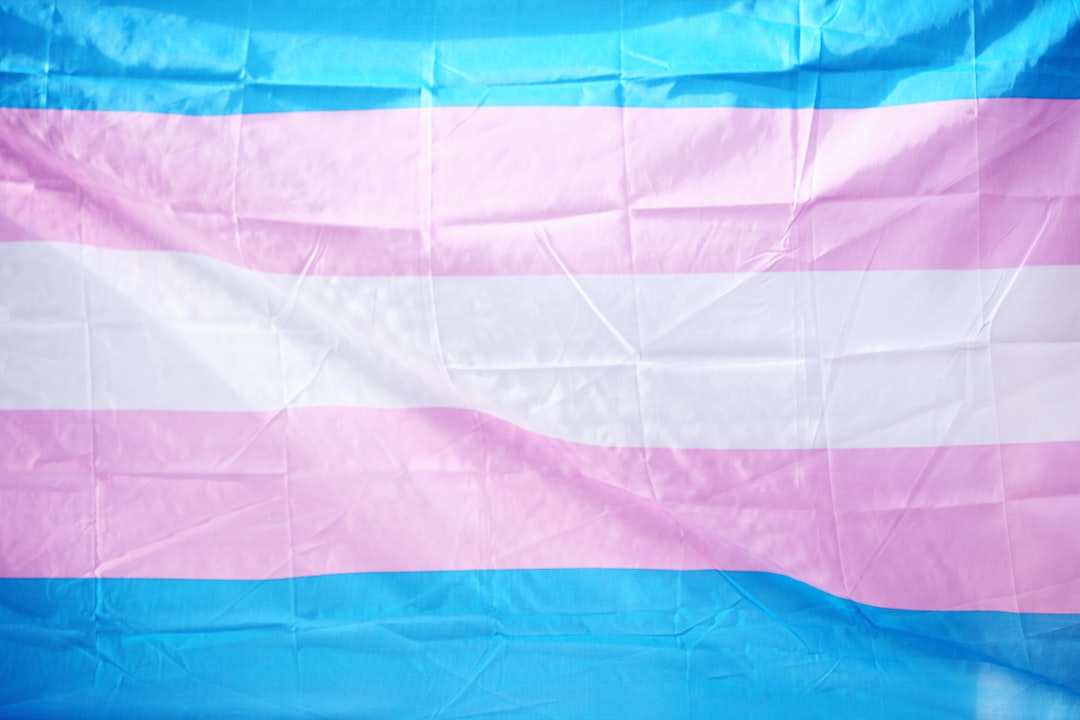What is it about?
The purpose of this study was to examine the moderating roles of hostile attribution bias and negative reciprocity beliefs in the relationship between workplace incivility, as perceived by employees, and their interpersonal deviance. Data were collected using a three-wave survey research design. Participants included 233 employees from a large manufacturing company in China. Hierarchical regression analyses were used to test the hypothesized relationships. Our study revealed that hostile attribution bias and negative reciprocity beliefs strengthened the positive relationship between workplace incivility and interpersonal deviance. This relationship was the most positive when both hostile attribution bias and negative reciprocity beliefs were high. The findings provided evidence that directing employees to depress hostile attribution bias and negative reciprocity beliefs may attenuate the effects of workplace incivility on interpersonal deviance.
Featured Image
Read the Original
This page is a summary of: Hostile Attribution Bias and Negative Reciprocity Beliefs Exacerbate Incivility’s Effects on Interpersonal Deviance, Journal of Business Ethics, February 2013, Springer Science + Business Media,
DOI: 10.1007/s10551-013-1658-6.
You can read the full text:
Contributors
The following have contributed to this page










